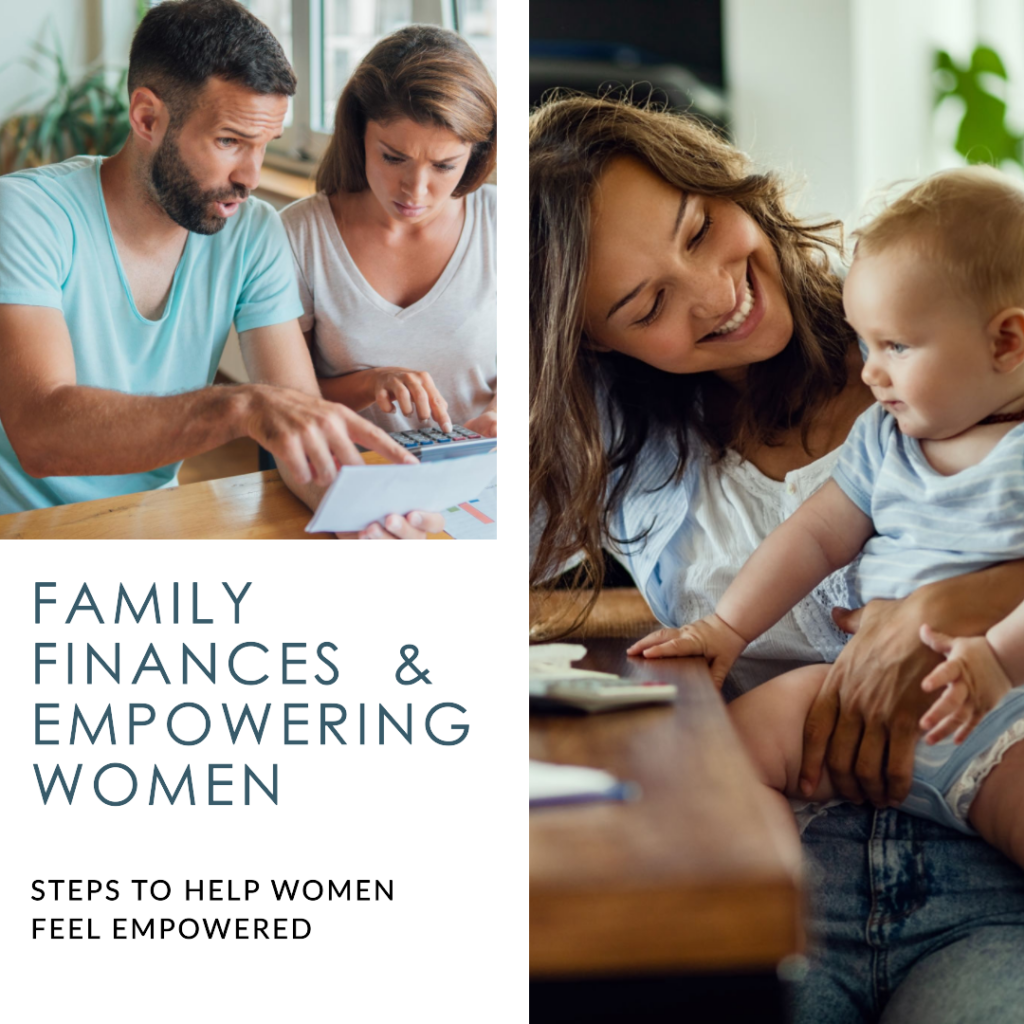
By Lena Melugin, Private Wealth Advisor
I’ll never forget one of my most impactful client meetings shortly after I became a planner. We had a new client come in who had recently lost her husband. She was a mother to two children and had just received a $4m death benefit. She had not worked in years and had not been involved in the family finances. This meeting was not to discuss how to invest her life insurance payment. It was to explain the differences between qualified assets vs. non-qualified. It was to dig around in enough documents to learn of beneficiary information and hope they had been updated appropriately. I felt so sad that in this time of fear and mourning, our client was required to deal with the chaos of understanding how to suddenly handle life on her own.
All too often we hear of women who have successfully navigated the realms of personal financial planning, but only after experiencing a life changing event the left them confused, unprepared, and afraid. While they eventually won the hard-fought battle, it was more ‘fight’ than they felt prepared for or even in some cases, could handle. Studies show that women are 80% more likely to be impoverished than men after they reach the age of 65 (National Institute on Retirement Security).
Why is that? It’s certainly not general acumen or poor habits. A study of 2,800 investors by Warwick Business School found women outperformed men by 1.8% during a three-year study period. Researchers attributed this to three main factors: women a took long term view toward investing, they conducted more research, and they traded less frequently than their male counterparts.
Women are more than capable and as the studies show, make better investors. So why are we sidelined? It is because women don’t typically get involved in the family finances. There are numerous reasons: they feel their finances are best handled by the main bread winner, they feel preoccupied and overwhelmed with the many tasks of home building and child rearing, they don’t believe they have the appropriate educational background to make sound financial decisions, etc.
While the reasons to push aside financial education and involvement are present, the reasons to engage, educate, and empower yourself are even greater!
Knowledge is power and taking measures to understand your financial future is not only beneficial but necessary. Below are a few steps to take that will allow you to become financially empowered:
Learn: There are thousands of books and podcasts that do an amazing job of explaining personal financial planning and the nuances of investing. Many women have walked down the path of financial independence and have documented their Dos and Don’ts in easy-to-red and entertaining blogs.
Ask: Spent time digging deep into your family’s current financial situation. Ask your spouse the questions that reveal the whole picture. Where the accounts held? Who are the beneficiaries? What is our risk tolerance and how are we currently invested? What is the contact information of our advisor/CPA/attorney? Attend the advisor meetings with your spouse and become informed of their process and philosophy.
Engage: Interview and engage a Financial Planner who is knowledgeable, and you feel to be trustworthy. Look for transparency throughout your conversation regarding their affiliations, recommendations, etc.
The reality of handling finances is inevitable, however, the timing of when this takes place is variable. The sooner the better and less painful. Empowering women comes from many places and knowledge in personal finance is one powerful source!
